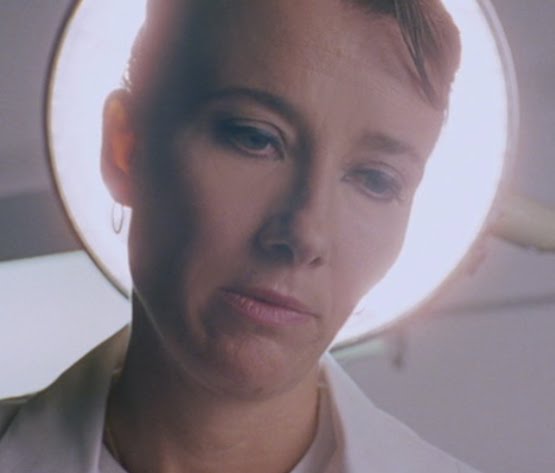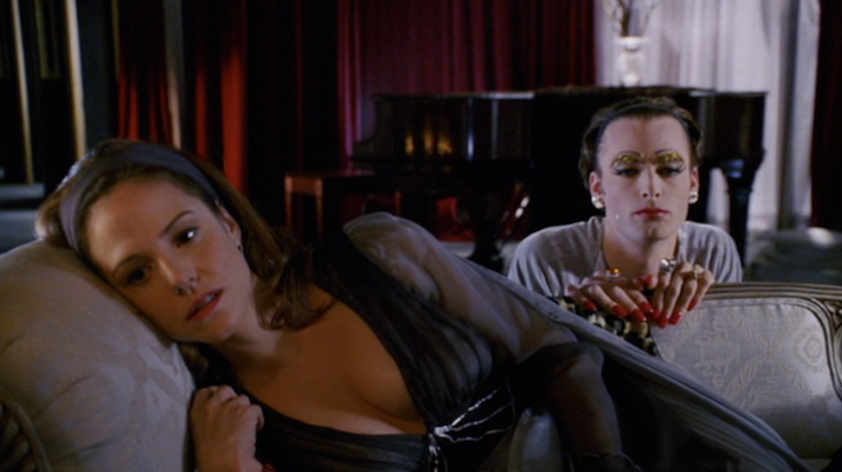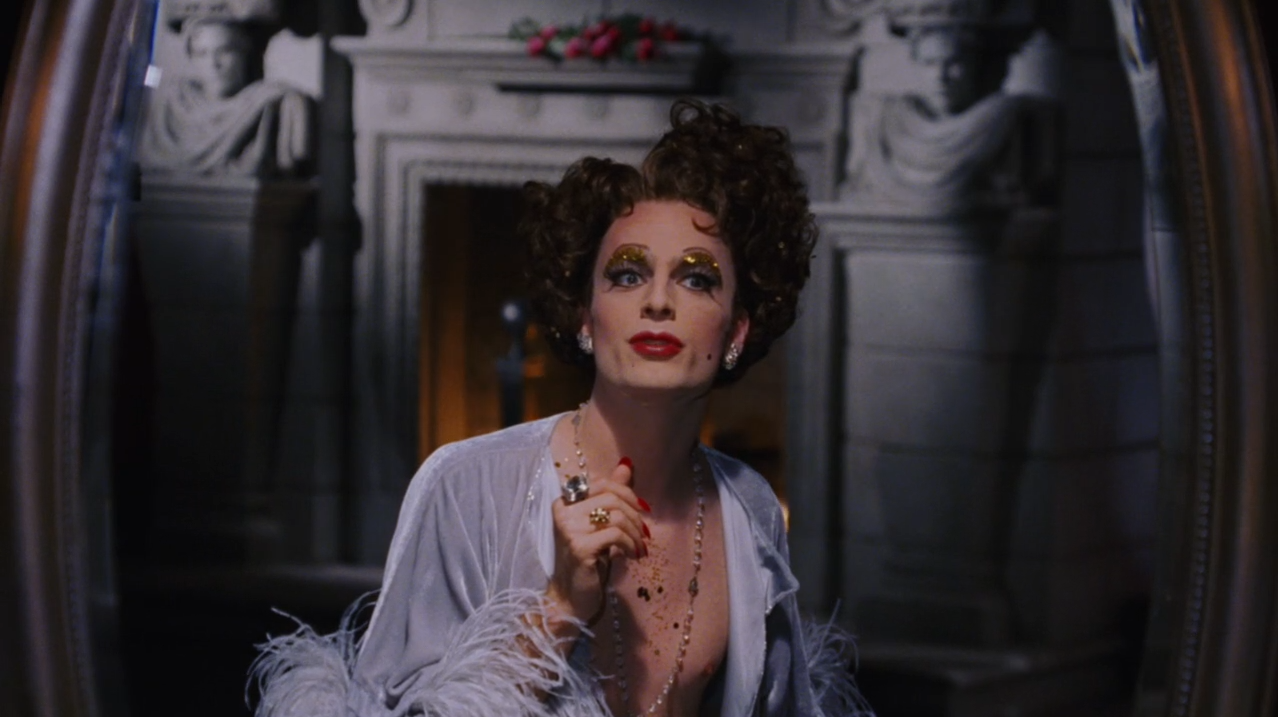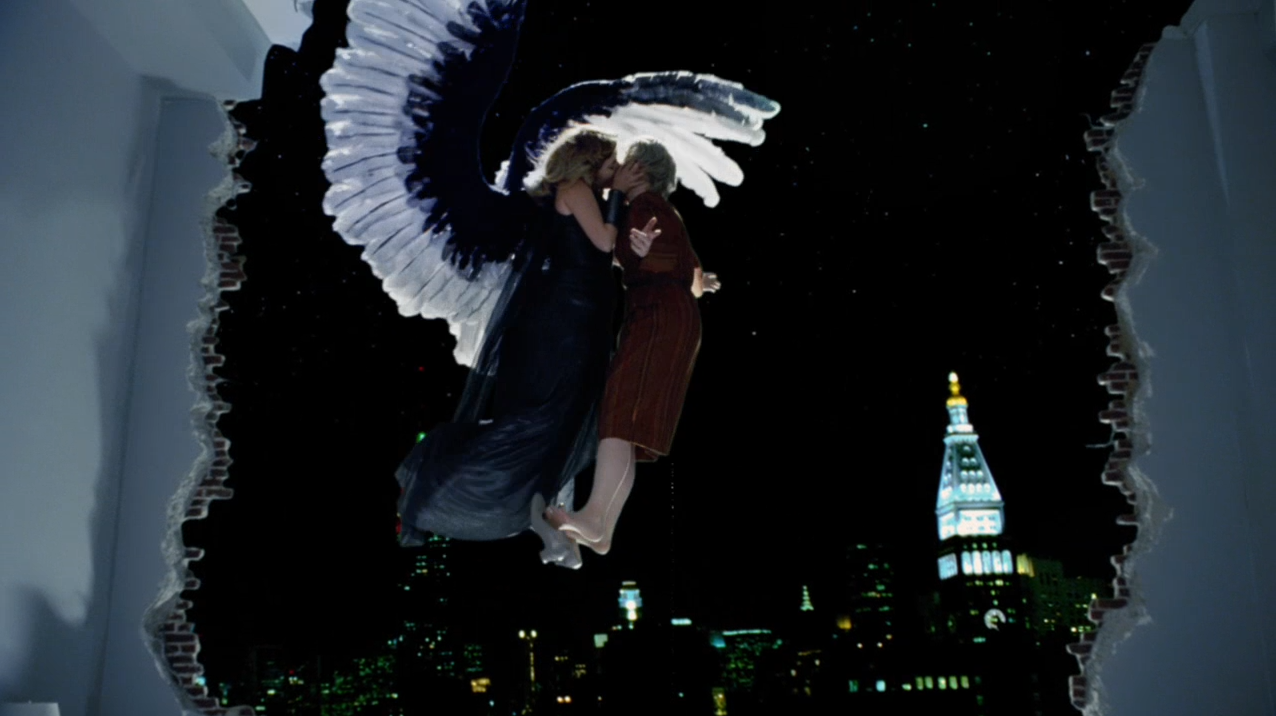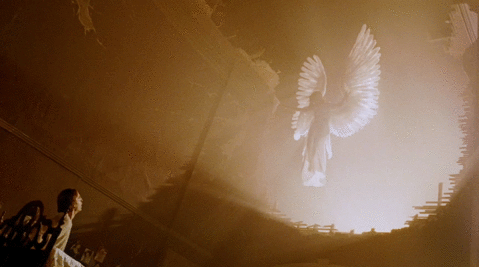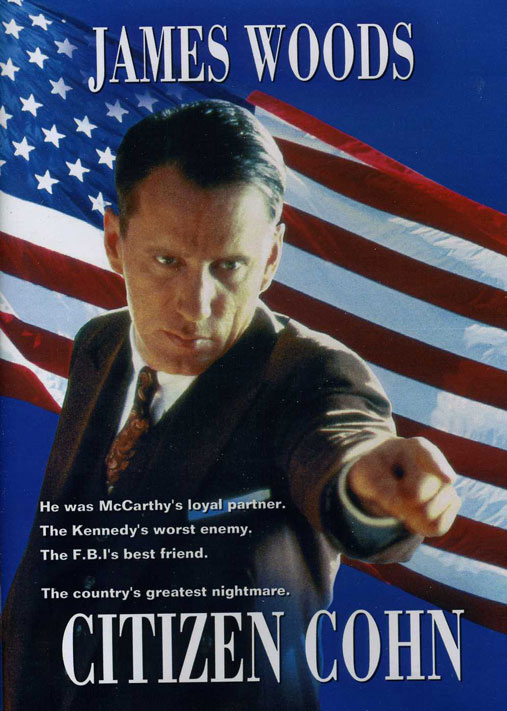Amir here. Mike Nichols was a true giant of show business, with a career that lasted more than six decades and sprawled across many different media and genres. Nathaniel's heartfelt eulogy already highlighted the dreamy number of classics he directed and the collaborations with Meryl Streep that resulted in some of her most memorable roles; but Meryl wasn't the only performer whom Nichols guided to career-best work.
Team Experience decided to make a list of ten great performances from Mike Nichols' films; we were truly spoilt for choice. If you want a testament to the man's sheer brilliance and chemistry with his actors, look no further than the missing names from our list. An equally long, equally illustrious alternative list can be made of the likes of Dustin Hoffman in The Graduate, Melanie Griffith in Working Girl, Philip Seymour Hoffman in Charlie Wilson's War, Jude Law and Natalie Portman in Closer, and many others.
Here is our team's unranked, personal picks:
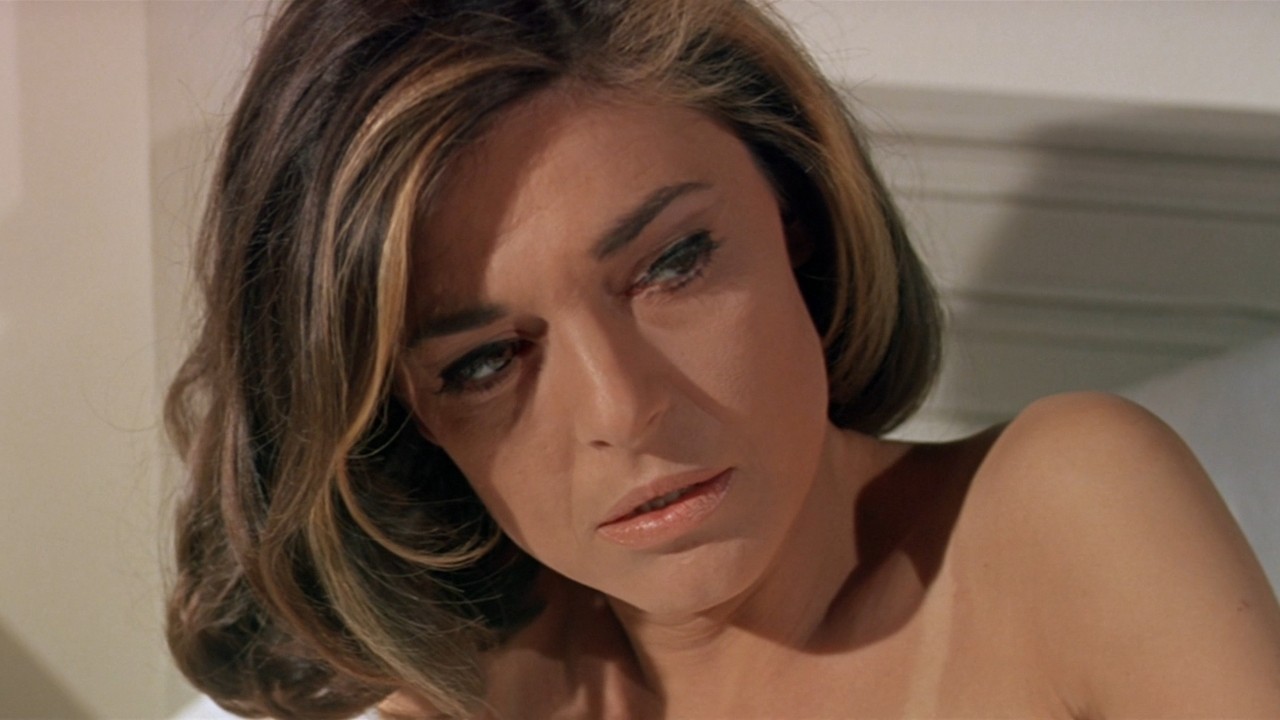
Anne Bancroft, The Graduate
Let’s talk about making difficult parts work. On the page, Mrs. Robinson is as slippery, duplicitous, and out-and-out a villainess as they come. But in the hands of the glorious Anne Bancroft, working with but also brilliantly against Nichols’ effervescent direction, Mrs. Robinson becomes someone different and deeper but no less mercurial or indelibly iconic. Fleetingly sensitive, impossibly stylish, and smarter than everyone else around her, Mrs. Robinson still makes life difficult for Benjamin Braddock, but complicates our sympathies and keeps a cryptic, critical, and spellbinding distance while doing so. That’s not just making a difficult part work; it’s making a difficult part soar. - Matthew Eng
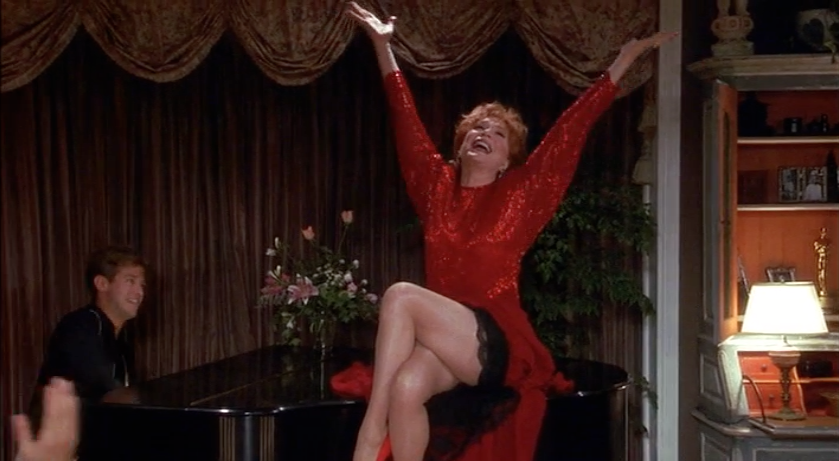
Shirley MacLaine, Postcards from the Edge
When Suzanne Vale's mother comes to visit her in rehab we're not told that the woman we're about to meet is a movie star, but as soon as Shirley MacLaine swans in, we know. Adept at creating an audience wherever she goes, MacLaine's Doris Mann is a delicious caricature of the aging star: the Norma Desmond of the musical-comedy era. (Her "I'm Still Here" will floor you.) Her immense ego and her sincere motherly love coexist contentiously, with poignant results. Instead of hammering at monster-mother camp, MacLaine keeps her humanity close, never losing it to the absurd. -Margaret de Larios
Mike Nichols, Nichols and May
Before he was the wunderkind of Broadway or the well-respected Hollywood director, Mike Nichols was half of the smash comedy duo Nichols and May. Later in his career, Nichols would tell actors, “You made it funny. Now make it true.” This was his gift as a comedian: the ability to ground increasingly absurd situations - a phone call between a rocket scientist and his mother, a man losing his dime in a phone booth - in funny, true reactions. Nichols was the master of the exasperated double-take and the monotone quip, two skills he would later pass to actors. -Anne Marie Kelly
Mary Louise Parker, Angels in America
Upon winning the 2003 Emmy Award for Best Supporting Actress in a Miniseries, Mary Louise Parker thanked her "mighty" director Mike Nichols by explaining "you could get a great performance out of a quiche". She was right. In "Angels in America" he turned her character, Harper Pitt, from a thankless supporting wife into a sublime exploration of self-discovery. As someone trapped in a marriage with a closeted gay man, Parker beautifully opened up to Harper's fears, disillusionment and horniness. Nichols had her acting opposite CGI penguins and still she remained perhaps the most recognizably human figure in the film. -Jose Solis
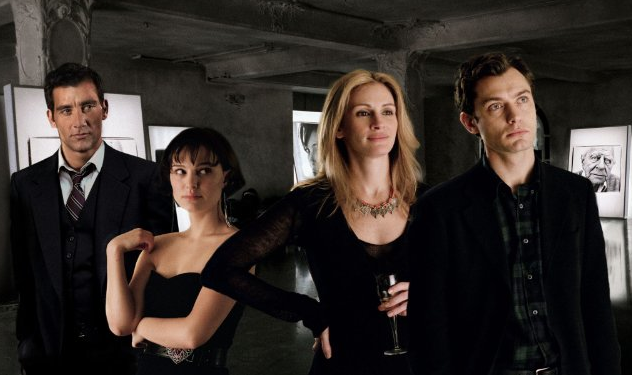
Julia Roberts, Closer
Patrick Marber's crude barbs are spat from her mouth but Nichols' work in drawing Roberts into twisted versions of her romantic comedy smashes is equally instrumental in making this, I'd wager, her best ever performance. Roberts unleashes venom and allows her infamously angular features to manifest much of her character's ugliness, in a way that speaks volumes of her trust in the man directing her. She is at the same lithely sexual in a way she'd never been before; Nichols found the panther beneath the kittenish America's Sweetheart, an even deeper level of revelation than her Oscar winning turn four years prior, and the closest she's ever felt to reality. -David Upton
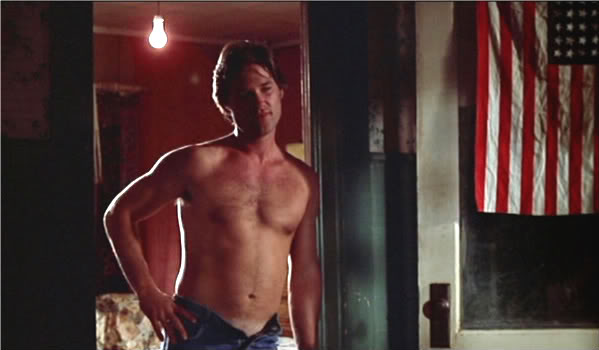
Kurt Russell, Silkwood
I'm going to relish this sentence, because saying it feels like such a rarity, but Mike Nichols’ artistry was so often and so brilliantly focused around women that it can be easy to forget the sensitivity and intelligence he granted men. Kurt Russell is not an actor known for subtlety, but in Silkwood, Russell finds something in himself that defies the rough and tumble box Hollywood liked to put him in. He's just as masculine, just as strong as he ever was as Snake Plissken, but there's a self-assured playfulness to his acting in Silkwood. He's looser here – sexier! – than anywhere else. Masculine posturing was irrelevant in Mike Nichols world, and for that and much more I thank him. - Teo Bugbee
James Spader, Wolf
By 1994, Spader could play the venal yuppie with feathered hair and a predatory smile in his sleep. But it was under Nichols, in this savage parable of the New York publishing world, that his stock character reached its height. Playing the human villain in a story about werewolves and still feeling like the most dangerous person in the cast is no mean feat, but Spader did it with smarmy ease, while being the only member of the cast to successfully navigate the film’s wobbly shift into explicit horror, largely because his backstabbing striver was already a fairy tale monster. -Tim Brayton
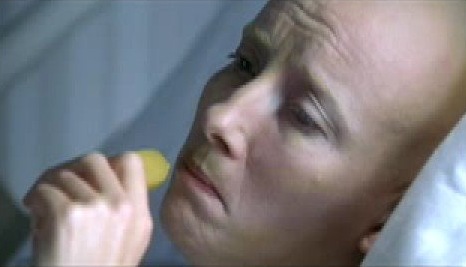
Emma Thompson, Wit
Vivian Bearing would be the second of three roles under Nichols’ direction for Emma, and the most significant. University professor Vivian may be dying of cancer but she retains her Thompson-esque traits – that slightly sardonic piquancy, the quiet dignity, the wit. But even as the affectations are all Emma, the performance is suffused with Mike, his warmth, his quiet effectiveness. The film, invariably, depends on their duet. Mike’s direction trusts Emma, giving her room and allowing her to devastate as Vivian. In a career of superlative work it’s hard to call Vivian Bearing Emma’s best but it’s a type of performance I’m grateful to Nichols for getting out of her, in touch with her usual sensibilities as an actor but pushed just further to become one of the most superior displays of suffering on screen. -Andrew Kendall
Robin Williams, The Birdcage
Williams was at his best when he harnessed his boisterous madcap energy into a fully delineated character whose quieter moments shaded his brassy zingers. His Armand, which could have so easily turned into a caricature with his loud shirts, his bushy mustache and his campy sense of humor comes alive with Williams' warmth: "Yes, I wear foundation. Yes, I live with a man. Yes, I'm a middle- aged fag. But I know who I am." -Manuel Betancourt
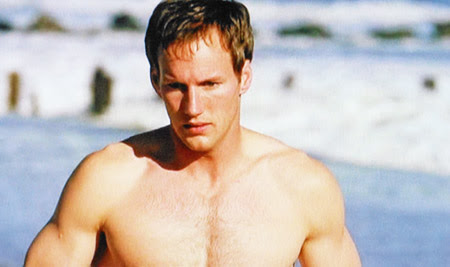
Patrick Wilson, Angels in America
In a cast full of established masters (Streep, Pacino) and future stars (Jeffrey Wright, Mary Louise Parker), it would take a truly great performance to stand out, and that’s exactly what Wilson gave in the miniseries that put him on the map. It’s one of the script’s showier roles, to be fair – a Mormon denying his sexual identity – but Wilson plays it with note-perfect sensitivity, confusion, self-doubt, and yearning. The actor’s subsequent decade of fine, but hardly complicated performances in limiting projects only serves to make his achievement here that much more impressive. -Tim Brayton
 Sunday, June 19, 2016 at 8:00AM
Sunday, June 19, 2016 at 8:00AM 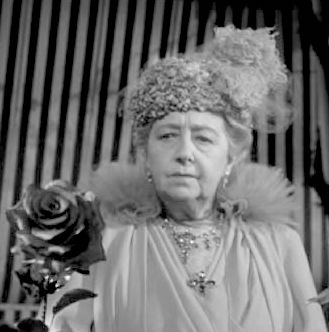 Good god, woman. Let it go.1865 Dame May Whitty, two time Oscar nominee is born in Liverpool. Remember her all caps obsession with winning that damn flower contest in Mrs Miniver?
Good god, woman. Let it go.1865 Dame May Whitty, two time Oscar nominee is born in Liverpool. Remember her all caps obsession with winning that damn flower contest in Mrs Miniver? 


